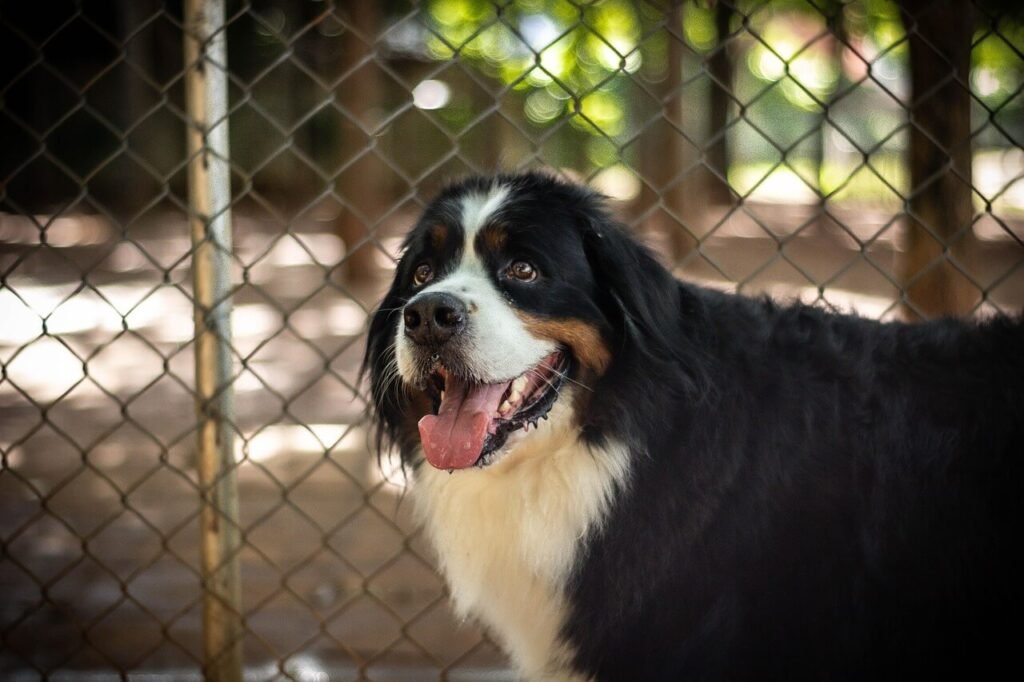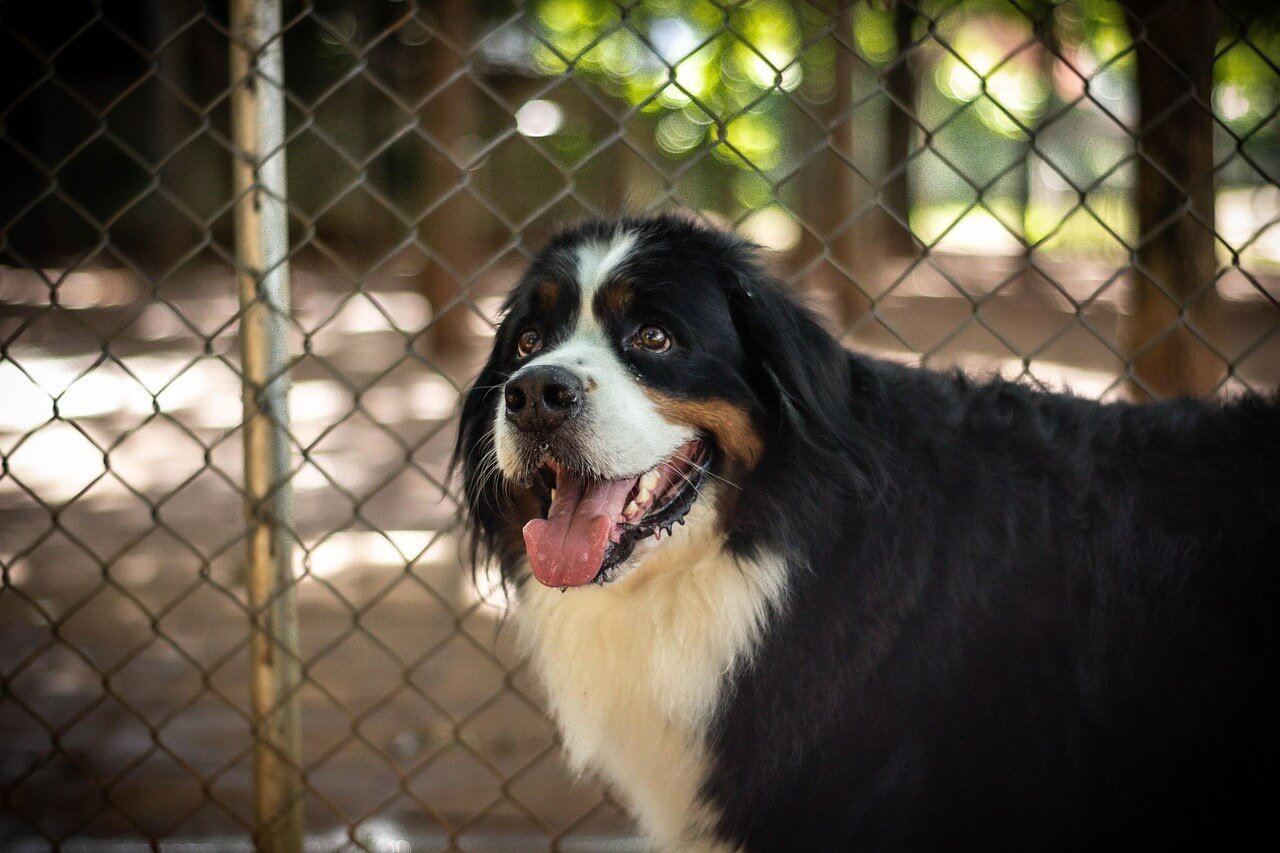Understanding Bowel Obstruction in Dogs: A Silent Threat to Your Furry Friend
As a dog owner, you know how curious and adventurous your furry companion can be. Whether they’re sniffing around the backyard, chewing on their favorite toy, or gobbling up treats, dogs are always exploring the world around them. But sometimes, this curiosity can lead to unexpected dangers—like bowel obstruction. Bowel obstruction occurs when something blocks the intestines, preventing food or waste from passing through normally. This condition can escalate quickly and become life-threatening if not addressed promptly. In this guide, we’ll explore what causes bowel obstruction, its symptoms, treatment options, and how to prevent it so you can keep your four-legged friend safe and healthy.
Common Causes of Bowel Obstruction in Dogs
Dogs are notorious for putting almost anything in their mouths, but some items pose a greater risk than others. Understanding the common culprits behind bowel obstruction can help you take preventive measures and act swiftly if needed.
Foreign Objects :
Toys, socks, rocks, or small household items are frequent offenders. Curious dogs may swallow these objects without realizing the danger.Bones :
While bones are often given as treats, cooked bones can splinter and cause blockages in the digestive tract.Plants and Sticks :
Dogs that love to chew on sticks or eat plants might accidentally ingest pieces that get lodged in their intestines.Hairballs :
Long-haired breeds or dogs that groom themselves excessively can develop hairballs, which may lead to obstructions.Trash or Food Waste :
Raiding the garbage can expose dogs to non-digestible materials like plastic wrappers or foil.
Being aware of these potential hazards is the first step toward prevention. By keeping dangerous items out of reach and supervising your pet during playtime, you can significantly reduce the risk of bowel obstruction.
Recognizing the Symptoms of Bowel Obstruction
Early detection is crucial when dealing with bowel obstruction, as prompt treatment can make all the difference. Here are the most common signs to watch for in your dog:
Vomiting :
Persistent vomiting is one of the earliest indicators of an intestinal blockage. It may occur shortly after eating or drinking.Loss of Appetite :
A sudden refusal to eat or showing disinterest in food could signal discomfort or pain.Lethargy :
If your usually energetic pup seems unusually tired or unwilling to move, it could be due to internal distress.Straining During Bowel Movements :
Difficulty passing stool or producing little to no feces despite attempts is a red flag.Abdominal Pain or Swelling :
Your dog may whimper, growl, or react negatively when touched around the belly area.
If you notice any combination of these symptoms, it’s important to consult a veterinarian immediately. Early intervention can save your dog from unnecessary suffering and complications.
Check this guide 👉How Often Should a Dog Poop? Best 7 Expert Tips!
Check this guide 👉Why Is My Dog Pooping in the House? Best 7 Expert Tips!
Check this guide 👉Dog Poop Encased in Membrane: Best 7 Expert Tips!

Preventive Measures | Signs to Watch For |
|---|---|
Keep small objects out of reach | Persistent vomiting |
Avoid giving cooked bones | Sudden loss of appetite |
Supervise outdoor activities | Lethargy or weakness |
Provide safe chew toys | Straining during bowel movements |
Secure trash cans and bins | Abdominal pain or swelling |
Treatment Options for Bowel Obstruction
Once diagnosed, treating bowel obstruction requires immediate attention to avoid further complications. The approach depends on the severity of the blockage and the overall health of your dog.
Medical Management :
In mild cases, veterinarians may use medications to induce vomiting or administer enemas to clear the obstruction.Fluid Therapy :
Dehydration caused by vomiting or inability to pass waste is treated with intravenous fluids to stabilize the dog.Endoscopy :
A minimally invasive procedure where a flexible tube is used to remove the object from the stomach or upper intestines.Surgery :
Severe obstructions require surgical intervention to manually remove the blockage and repair any damaged tissue.Post-Treatment Care :
After treatment, dietary adjustments and close monitoring ensure proper recovery and minimize the risk of recurrence.
Each case is unique, so working closely with your vet ensures the best outcome for your pet.
Tips for Preventing Bowel Obstruction
Prevention is always better than cure, especially when it comes to conditions like bowel obstruction. These practical tips will help safeguard your dog’s well-being.
Dog-Proof Your Home :
Store hazardous items like batteries, strings, and small toys in secure locations.Choose Safe Chew Toys :
Opt for durable, size-appropriate toys designed specifically for dogs.Monitor Outdoor Playtime :
Keep an eye on your dog during walks or play sessions to prevent them from ingesting harmful objects.Regular Grooming :
Brush your dog frequently to reduce hair ingestion, particularly in long-haired breeds.Educate Family Members :
Ensure everyone in the household understands the importance of keeping dangerous items away from pets.
By implementing these strategies, you create a safer environment that minimizes risks while allowing your dog to thrive.
Risk Factors for Bowel Obstruction
While any dog can experience bowel obstruction, certain factors increase the likelihood of this condition. Understanding these risks can help you tailor your preventive measures to better suit your pet’s needs.
Breed-Specific Traits :
Some breeds, like Labrador Retrievers or Beagles, are naturally more curious and prone to chewing on inappropriate items.Age of the Dog :
Puppies are more likely to swallow foreign objects due to their teething phase and natural curiosity.Dietary Habits :
Dogs fed irregularly or those that scavenge for food may ingest non-food items out of hunger or habit.Access to Hazardous Environments :
Dogs with unsupervised access to garbage bins, construction sites, or outdoor areas with debris face higher risks.Previous History of Obstruction :
Dogs that have experienced bowel obstruction before are more likely to encounter it again.
By identifying and addressing these risk factors, you can significantly reduce the chances of your dog facing a bowel obstruction. Prevention starts with understanding your pet’s unique vulnerabilities.
How Diet Can Help Prevent Obstruction
A balanced diet not only supports your dog’s overall health but also plays a role in preventing bowel obstruction. Here’s how nutrition can contribute to keeping your pet safe.
High-Quality Food :
Feeding your dog nutrient-rich, easily digestible food reduces the urge to seek out alternative sources of nutrition.Fiber-Rich Ingredients :
Adding fiber to your dog’s diet promotes healthy digestion and regular bowel movements, minimizing the risk of blockages.Avoiding Unsafe Treats :
Certain treats, like cooked bones or rawhide, can splinter or break apart, increasing the risk of ingestion-related issues.Portion Control :
Overfeeding or underfeeding can lead to scavenging behavior, so maintaining appropriate portion sizes is essential.Hydration :
Ensuring your dog drinks enough water keeps their digestive system functioning smoothly and prevents complications.
A thoughtful approach to your dog’s diet can go a long way in reducing the likelihood of bowel obstruction. Always consult your vet before making significant dietary changes.
Emotional Impact of Bowel Obstruction on Pet Owners
Dealing with a dog’s bowel obstruction isn’t just physically taxing for the pet—it can also take an emotional toll on the owner. Here’s what you might experience and how to cope.
Stress and Anxiety :
Watching your dog suffer can be incredibly stressful, especially when waiting for a diagnosis or treatment plan.Guilt and Self-Blame :
Many pet owners feel responsible for their dog’s condition, even if it was unintentional.Financial Concerns :
The cost of veterinary care, including surgery or hospitalization, can add financial strain to an already difficult situation.Sleepless Nights :
Worrying about your dog’s recovery or monitoring their symptoms may disrupt your sleep and daily routine.Bond Strengthening :
Despite the challenges, overcoming this crisis together can deepen the bond between you and your pet.
While the journey may be tough, remember that your love and dedication are what ultimately guide your dog toward recovery. Lean on your support network, stay informed, and trust your veterinarian to help you navigate this challenging time.
FAQ
What exactly is bowel obstruction in dogs?
Bowel obstruction occurs when an object blocks the intestines, preventing normal digestion and waste passage.
How do I know if my dog has swallowed something dangerous?
Look for symptoms like vomiting, loss of appetite, lethargy, straining during bowel movements, or abdominal pain.
Can bowel obstruction resolve on its own?
Rarely. Most cases require veterinary intervention to prevent serious complications.
Is surgery always necessary for bowel obstruction?
Not always. Mild cases may be resolved with medication or endoscopy, but severe blockages typically require surgery.
How can I prevent bowel obstruction in my dog?
Dog-proof your home, provide safe toys, supervise playtime, groom regularly, and educate family members about pet safety.
Stay Vigilant: Keeping Your Dog Safe from Bowel Obstruction
Bowel obstruction is a serious yet preventable condition that demands awareness and proactive care. By understanding the causes, recognizing the symptoms early, and taking preventive measures, you can protect your furry friend from this potentially life-threatening issue. Remember, your dog relies on you to keep them safe and healthy. With vigilance and love, you can ensure they enjoy a happy, obstruction-free life. Stay informed, stay prepared, and cherish every wagging tail moment with your loyal companion.
Do Cats Have Taste Buds? Best 7 Expert Tips! – Discover how cats experience flavors and why their taste is so unique.
Do Dogs Have Taste Buds? Best 7 Expert Tips! – Discover how dogs experience taste, their preferences, and what it means for their diet and health.
Can Cats Taste Sweet? Best 7 Expert Tips! – Discover why cats can’t taste sweetness, how it affects their diet, and tips to keep them healthy and happy.
Can Dogs Taste Sweet? Best 7 Expert Tips! – Discover how dogs perceive sweetness, which foods are safe, and tips to manage their sweet cravings responsibly.





